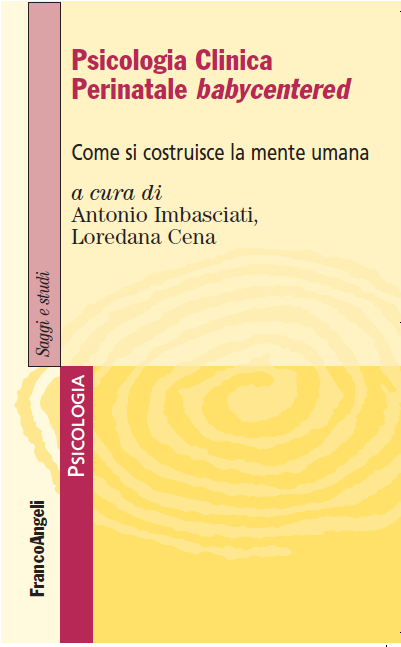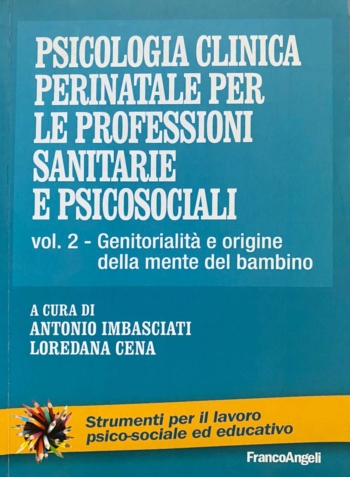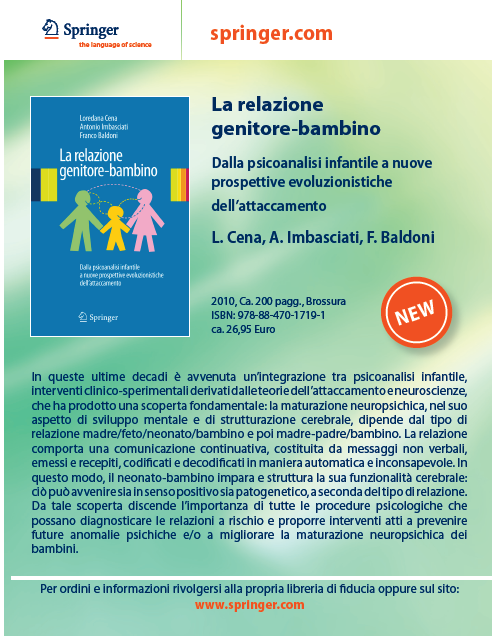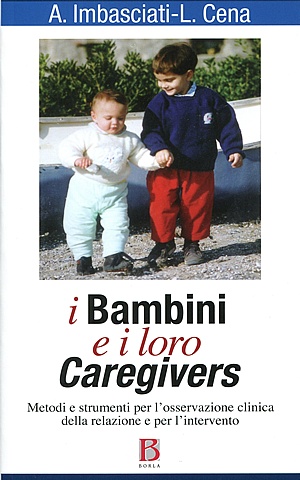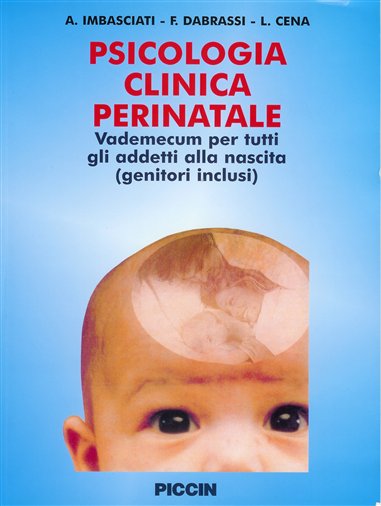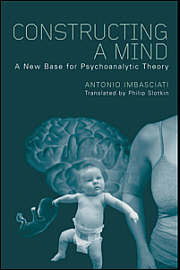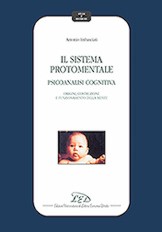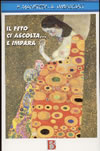Printed books
[Of the area of competence 9. Attachment, Maternal Care and Transgenerational Issues]For a long time in medical area “Perinatal Clinical Psychology” had the meaning of a psychological clinics in pregnant women and her puerperal period. What might happen in her baby was observed only for its clear organic pathologies: its interior vicissitudes were not known, as all scientists of the time thought it has no mental life. But nowadays Neuroscience has proven the heavy importance of its brain construction in its first neural net; and its first functioning in mental events without any consciousness.
These first neuromental structures condition the ones that are later constructed …
For the past twenty years the Authors developed a particular discipline they designed Perinatale Clinical Psychology from 2003: a clinical psychology applied to the vicissitudes that happen before,during and later conception, pregnancy, delivery, puerperium, breast feeding, infant care, early infancy. These vicissitudes concern the couple, the pregnant women, the mother, the family, in their growning […]
In this last years infant-psychoanalysis has much developed and an integration with Attachment Theory’s researches and techniques happened: so many and different Psychotherapy Schools developed. These psychotherapies are focused on the mother (or caregiver) rather than on the child, chiefly if he is not a baby. Principal vehicle of the communication which incomes between the therapists and his “patients” is not verbal, like adult psychoanalysis. Such a development allowed to discover that therapeutic effect – that is what make mental structures change – also in adult depends on affective messages, vehicled by that non verbal communication which constitutes that specific interpersonal relation. (…)
Neurosciences and Perinatal Clinical Psychology developments demonstrated that individual neuropsychic structure develops since foetal time and its basic development happens in the first two years of life. First development quality qualifies every later (subsequent) development and so adult individual mind destiny. This developmental pathway does not happen by genetics laws, but by relational learning’s. (…)
Birth is the most important event in family life. Since pregnancy, worries, anxieties, joy, responsibilities take over every-day life. Midwives and pediatricians give advice, rules, prescriptions, to mothers who are in fact looking for being reassured that everything will be fine. “Is your pregnancy somewhat unusual? Doesn’t your baby move the way he is expected to? Will he be healthy?” After birth, many problems often occur: the baby won’t attach itself to th breast, the milk dries up, the baby does not eat enough or eats too much, he doesn’t sleep at the proper times. (…)
Psychoanalysis could be successful not merely for its clinical value – to cure unexplained syndromes that were considered incurable– or for its method, judged very ‘strange’ and not scientific, but also for the theory that Freud created to explain the origins and the functioning of the mind: the Drive Theory. (…)
Psychoanalysis could be successful not merely for its clinical value – to cure unexplained syndromes that were considered incurable– or for its method, judged very ‘strange’ and not scientific, but also for the theory that Freud created to explain the origins and the functioning of the mind: the Drive Theory. (…)
The fact that the fetus has a psychic life is universally acquired today. What can be called “mind” depends on how it is defined. The fact that this mind is acquired through the progression of fetal learning and that the functional structure subsequently achieved forms the complete development of the individual is a notion shared by all researchers, but not yet assimilated by our culture. (…)

